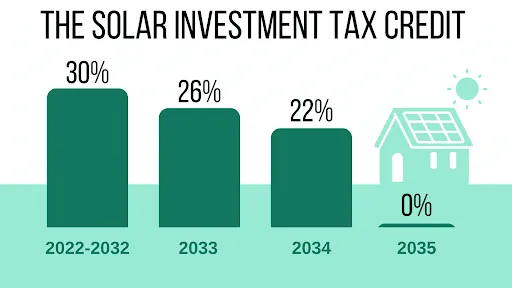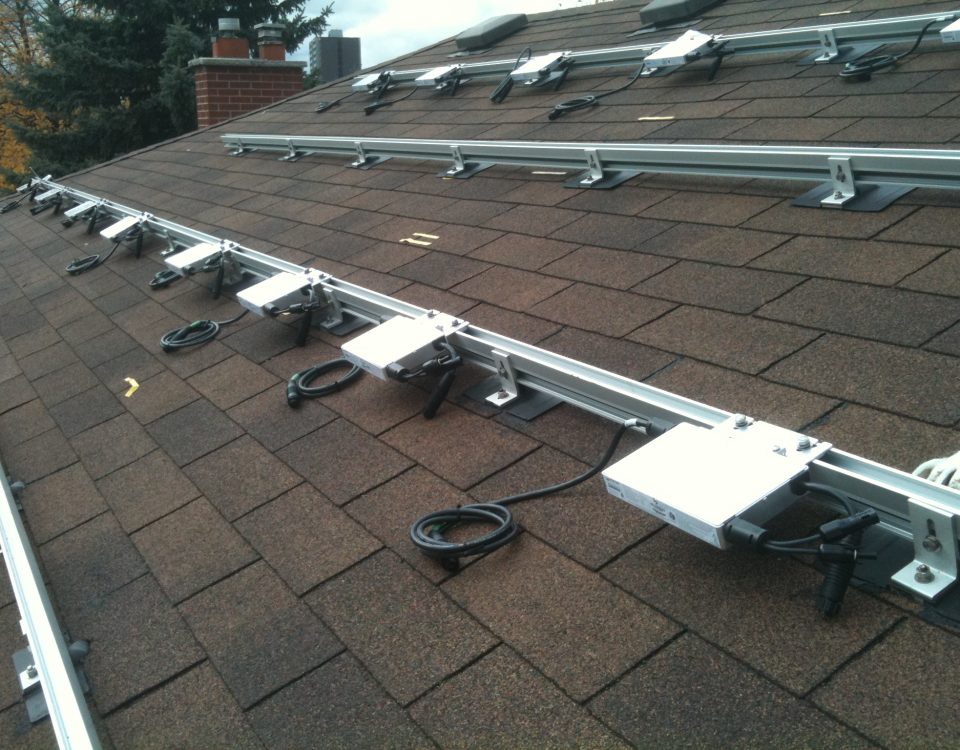
A Comprehensive Guide to Solar Battery Types: Pros and Cons
April 17, 2025
Why Canadian-Made Solar Products Are Superior to Chinese Alternatives: A Look at Regulations and Quality
April 17, 2025Energy consumption patterns provide crucial insights into how households utilize resources and where sustainable solutions like solar energy can make a significant impact. Here, we’ll explore the average energy use of Canadian households and outline the benefits of transitioning to solar power, including the potential return on investment (ROI).
Average Energy Consumption in Canadian Households
Canada is one of the highest per-capita energy consumers globally, primarily due to its cold climate and large living spaces. According to recent statistics:
- Annual Household Energy Use: The average Canadian household consumes approximately 11,000 kilowatt-hours (kWh) of electricity annually.
- Heating: Nearly 60% of residential energy use goes toward space heating, a necessity in Canada’s harsh winters.
- Appliances and Lighting: Around 20% of energy is used for appliances, lighting, and electronics.
- Water Heating: Accounts for roughly 15-20% of total energy consumption.
These figures highlight the need for efficient energy solutions to reduce environmental impact and lower utility costs.
The Benefits of Solar Energy
Solar energy offers numerous advantages for Canadian households, from financial savings to environmental benefits. Let’s explore these in detail.
1. Cost Savings
- Reduced Utility Bills: Solar panels allow households to generate their own electricity, significantly lowering monthly utility expenses.
- Government Incentives: Federal and provincial programs offer rebates and tax credits for installing solar panels, reducing initial costs.
- Net Metering: Excess energy generated by solar panels can be fed back into the grid, earning credits that further offset energy costs.
2. Average ROI on Solar Systems
- Typical System Cost: The average cost of a solar system for a household using 11,000 kWh annually ranges from CAD 15,000 to CAD 25,000, depending on the location and specific system.
- Energy Savings: A properly sized solar system can reduce or eliminate electricity bills, saving approximately CAD 1,000 to CAD 1,500 annually.
- Payback Period: With these savings and available incentives, the average payback period is 8-12 years.
- Lifetime ROI: Over the 25-30 year lifespan of a solar system, households can expect a return on investment of 100-200%, depending on energy rates and maintenance costs.
3. Energy Independence
- Protection Against Rising Energy Costs: Generating your own electricity shields households from fluctuating energy prices.
- Reliable Energy Source: Solar panels provide consistent energy even in remote or off-grid locations, especially when paired with battery storage.
4. Environmental Benefits
- Reduction in Carbon Footprint: Solar energy is a clean, renewable resource that reduces greenhouse gas emissions.
- Sustainability: By relying on the sun’s power, households can help conserve non-renewable resources like coal and natural gas.
5. Increased Property Value
- Homes with solar installations often see a rise in market value. Buyers are increasingly willing to pay a premium for energy-efficient, sustainable homes.
6. Durability and Low Maintenance
- Solar panels have a lifespan of 25-30 years and require minimal maintenance. Regular cleaning and occasional inspections ensure optimal performance.
Why Solar Energy is Ideal for Canada
While Canada’s winters may seem like a challenge for solar power, the country’s long summer days and clear skies provide excellent conditions for solar energy generation. Key factors include:
- High Solar Potential: Regions like Alberta, Saskatchewan, and southern Ontario receive ample sunlight, making them ideal for solar installations.
- Technological Advances: Modern solar panels are designed to function efficiently even in low-light conditions, ensuring year-round performance.
- Energy Storage: Pairing solar systems with batteries allows households to store excess energy generated during sunny periods for use during darker months.
Conclusion
Understanding the average energy consumption of Canadian households highlights the pressing need for sustainable energy solutions. Solar energy stands out as a viable and beneficial option, offering cost savings, environmental benefits, and energy independence. With an average ROI of 100-200% over a system’s lifespan, solar power is a smart investment for a sustainable and self-reliant future.




